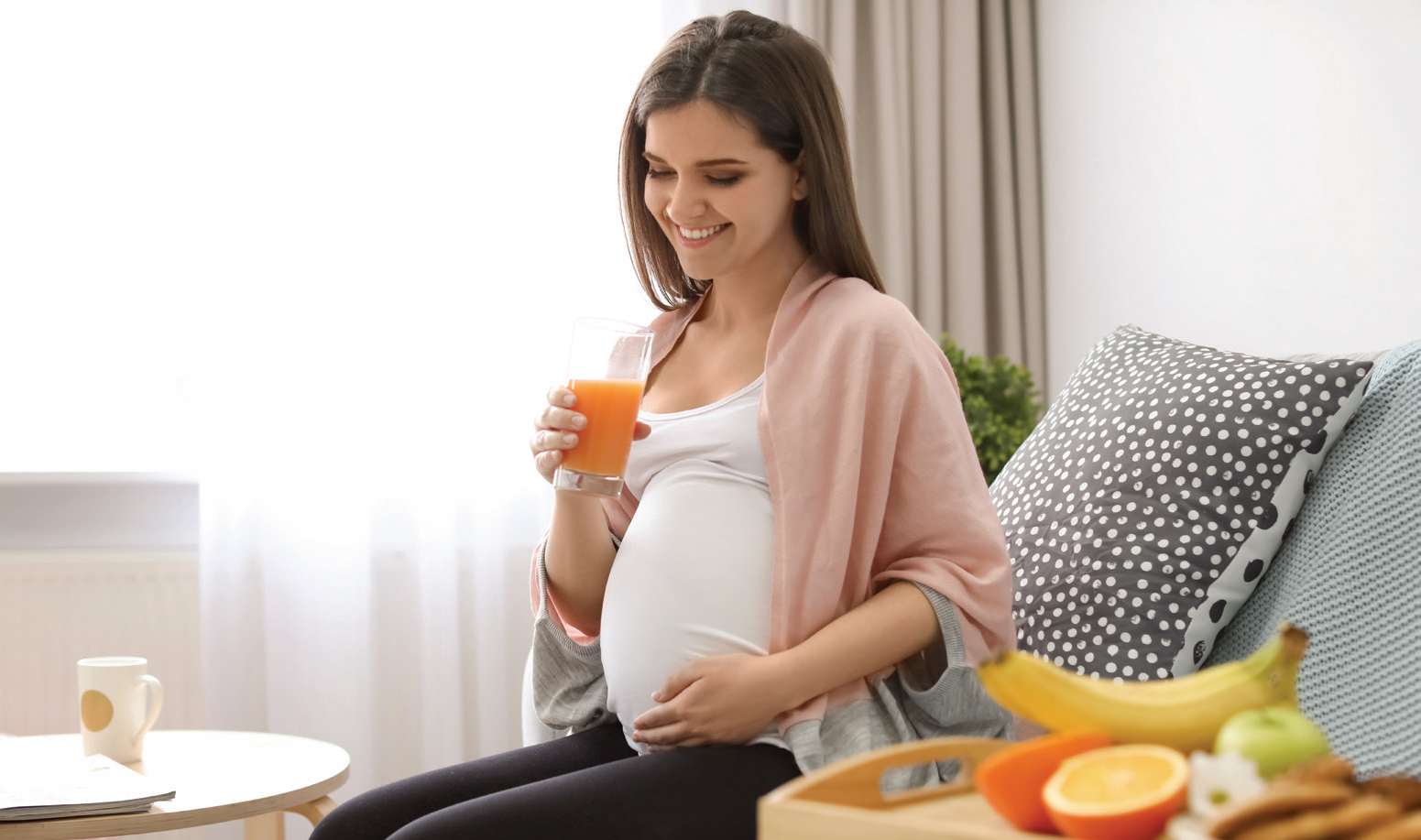Ultraprocessed foods have been defined as ‘industrial formulations of substances derived from foods, which typically contain cosmetic additives…and little, if any, whole foods’ (Rauber et al, 2021). Rauber et al's (2021) prospective cohort study of 22 659 British adults reported that ultraprocessed food-enriched diets were associated with a 79% and 30% increase in the risk of obesity and abdominal obesity, respectively. In a Spanish study of almost 20 000 participants, Rico-Campà et al (2019) reported that more than four daily servings of ultraprocessed food ‘was independently associated with a 62% relatively increased hazard for all-cause mortality’.
For the dietary relevance of ultraprocessed food in the UK context, Monteiro et al (2017a) not only found that the average household availability of ultraprocessed foods ranged from 10.2% in Portugal and 13.4% in Italy, to 50.4% in the UK, but also that ‘a significant positive association was found between national household availability of ultraprocessed foods and national prevalence of obesity among adults’.
Given this bleak perspective, how might the consumption of ultraprocessed foods influence the dietary landscape for pregnant women? In a cross-sectional study of 237 pregnant women aged 19—43 years, Silva et al (2022) investigated the association between food consumption and industrial processing using an energy-adjusted dietary inflammatory index. They reported that ‘the increase in food intake with a higher degree of processing is associated with a more proinflammatory potential of the diet of pregnant women, demonstrated by an increase in [energy-adjusted dietary inflammatory index] score values’ (Silva et al, 2022). In the USA, Nansel et al (2022) analysed dietary data provided by 383 women during pregnancy and/or postpartum, reporting that ‘compared to participants with the highest ultra-processed food intake (≥60% energy), those with the lowest ultra-processed food intake (<40% energy) consumed 2—3 times more fruit, vegetables, and seafood and plant proteins, and 1.5 times more total protein.’

In an Israeli study of 206 pregnant women, Ben-Avraham et al (2023) found that intake of ultraprocessed foods ranged from 15.6—43.4% of total energy, with those consuming most ultraprocessed foods having lower recorded intakes of vitamin C, beta-carotene, vitamin B6 and potassium. Further, energy from ultraprocessed foods was associated with maternal obesity, and Ben-Avraham et al (2023) reported for the first time in the literature that consumption of ultraprocessed foods was associated with shorter male infant ano-genital distance. However, association does not necessarily equate to causation, and the authors noted ‘there is a great need for additional studies to explore the impact of ultraprocessed foods intake on pregnancy with diverse maternal and developmental outcomes and possible mechanisms’ (Ben-Avraham et al, 2023).
When Paula et al (2022) undertook a systematic review of 61 cohort studies comprising almost 699 000 women from all gestational trimesters, they found an association between maternal consumption of diets rich in ultraprocessed foods and an increased risk of gestational diabetes mellitus and pre-eclampsia. Again, however, while ‘the overall GRADE quality of the evidence for the associations was very low’, their findings ‘highlight the need to monitor and reduce [ultraprocessed foods] consumption, specifically during the gestational period, as a strategy to prevent adverse perinatal outcomes’ (Paula et al, 2022).
It appears that although the weight of evidence is not yet sufficient to ascribe the consumption of ultraprocessed foods as a causative element in specific conditions affecting pregnant women, Monteiro et al (2017b) are clear that ‘displacement of minimally processed foods and freshly prepared dishes and meals by ultra-processed products is associated with unhealthy dietary nutrient profiles and several diet-related non-communicable diseases.’ It can therefore be safely argued, at least according to this author, that the consumption of unprocessed ‘proper’ food, as opposed to ultraprocessed foods, confers distinct health benefits on all individuals, including pregnant women. Hall et al (2019) investigated 20 inpatient adults who were provided with ultraprocessed versus unprocessed diets for 14 days each, in random order. The results showed that ‘the ultra-processed diet caused increased ad libitum energy intake and weight gain despite being matched to the unprocessed diet for presented calories, sugar, fat, sodium, fibre and macronutrients’ (Hall et al, 2019).
Considering the wider environmental context, Seferidi et al (2020) note that ‘many [ultraprocessed foods] contain palm and soy oils, which have substantial negative health and environmental effects’, their packaging is a major source of environmental waste, they have been ‘postulated to contain compounds with carcinogenic and endocrine disruptor properties, such as bisphenol A’, and they ‘also contain many authorised, but often controversial, food additives with potential dual detrimental impacts on the environment and health’.
Given this, it is noteworthy that the British Nutrition Foundation (2023) counsels that ‘blanket advice to avoid ultraprocessed foods may have unintended consequences that have not been fully investigated for different groups within the population’. However, the corporate members of the British Nutrition Foundation (2023) include British Sugar, Coca Cola, Greggs PLC and Mars UK Ltd.
In the UK, the quality of food both inside and outside hospital is diminished by an over-dependence on ultraprocessed foods. If the main features of the nutritional landscape in the UK continue to be dominated by ultraprocessed foods, as Monteiro et al (2017a) have shown, the dietary care of pregnant woman will remain challenging.


